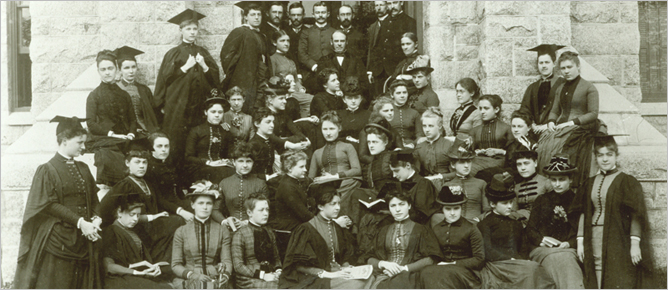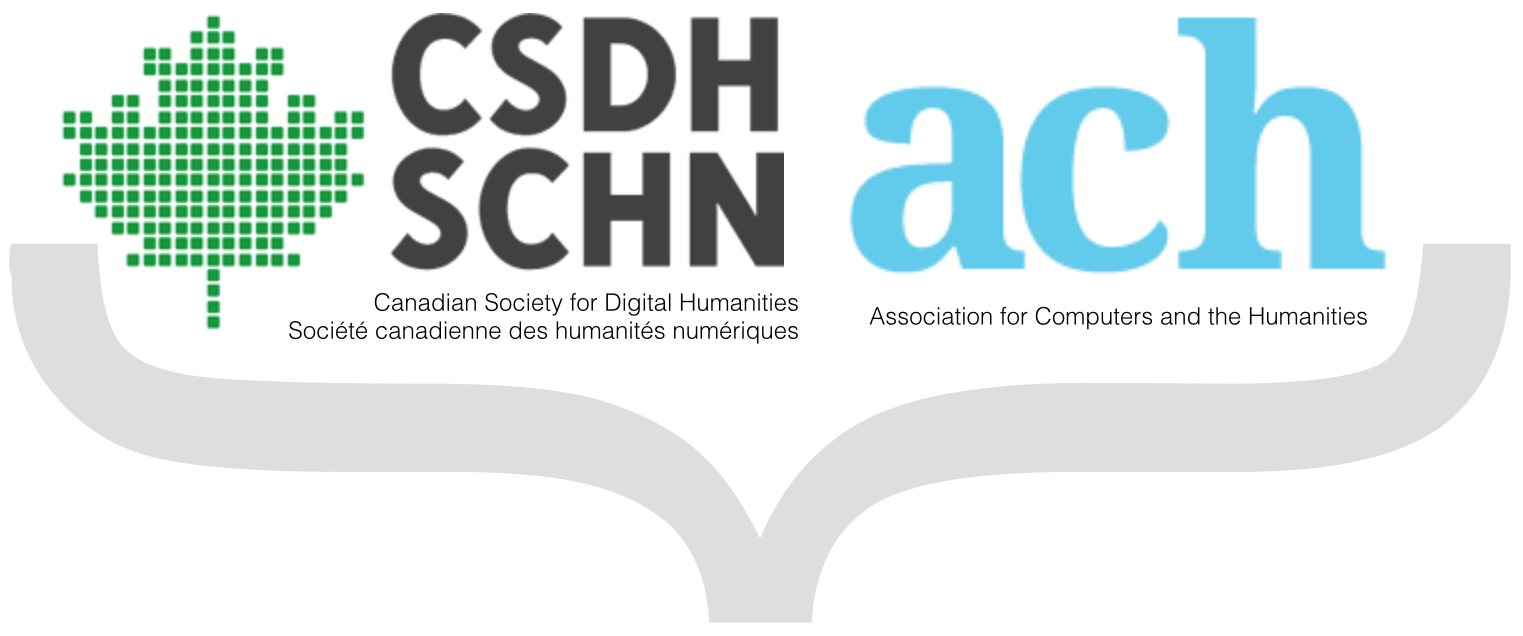
Women’s History in the Digital World 2015, the second conference of The Albert M. Greenfield Digital Center for the History of Women’s Education, will be held on the campus of Bryn Mawr College on May 21-22. The aim is to bring together experts, novices, and all those in between to share insights, lessons, and resources for the many projects emerging at the crossroads of history, the digital humanities, and women’s and gender studies. Continuing a conversation begun at the inaugural meeting in 2013, the conference will feature the work of librarians and archivists, faculty, students, and other stakeholders in the development of women’s and gender histories within digital scholarship.
 The conference will feature a keynote address by Claire Bond Potter, Professor of History and Co-Director of the Humanities Action Lab at The New School for Public Engagement, known for her long-running “Tenured Radical” blog.
The conference will feature a keynote address by Claire Bond Potter, Professor of History and Co-Director of the Humanities Action Lab at The New School for Public Engagement, known for her long-running “Tenured Radical” blog.
Panels will be scheduled during the day Thursday, May 21, and the morning of Friday, May 22; a projects showcase and digital lab will offer opportunities for unstructured conversation and demonstrations. They invite individual papers or full panel proposals on women’s and gender history projects with a digital component, investigating the complexities of creating, managing, researching and/or teaching with digital resources and digitized materials. All thematic areas, geographies, and time periods are welcome: this is a chance to share knowledge, network, and promote collaborations that locate new possibilities. Graduate student presentations are encouraged.
To submit a proposal, please send the following information by email to greenfieldhwe@brynmawr.edu:
-Complete contact information including current email and institutional affiliation, if any
-short (150-200 word) biography for each presenter
-abstract (s) of the proposed presentation (500 words for single paper, poster, or demonstration, or 1,500-2000 words for panels of 3 papers)
The deadline for submissions is Friday, January 16, 2015.
For updates, follow the Greenfield Digital Center on Twitter @GreenfieldHWE and the conference hashtag, #WHDigWrld. Bryn Mawr College is located 11 miles outside of Philadelphia, easily accessible by car and public transportation.






